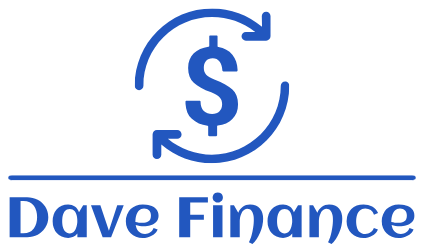Capital One Financial Corp. has sealed a $35 billion all-stock agreement to acquire Discover Financial Services, paving the way for the formation of the largest credit card company in the United States by loan volume. This deal positions the combined entity for a robust competition against Wall Street giants.
Under the terms, Capital One will exchange 1.0192 of its shares for each Discover share, representing a hefty 26.6% premium over the closing price on Feb. 16, as disclosed by the McLean, Virginia-based firm. The transaction, initially reported by Bloomberg News, is slated for completion in late 2024 or early 2025, subject to regulatory and shareholder nods from both companies.
The acquisition of Discover emerges as the standout merger globally this year, eclipsing Synopsys Inc.’s roughly $34 billion acquisition of software developer Ansys Inc. announced in January. This consolidation brings together two iconic consumer-finance brands, surpassing industry stalwarts like JPMorgan Chase & Co. and Citigroup Inc. in US credit-card loan volume, per data compiled by Bloomberg Intelligence. Additionally, it grants Capital One access to the payment networks landscape.
Capital One’s CEO, Richard Fairbank, views this as a “unique opportunity” to amalgamate two entities capable of competing with the largest payment networks, as highlighted in the statement.
In premarket trading on Tuesday, Discover’s shares surged as much as 18%, while Capital One witnessed a 3.4% decline. Post-acquisition, Capital One shareholders will retain approximately 60% ownership of the amalgamated entity, with Discover shareholders holding the remainder. The acquisition is forecasted to yield pretax synergies of $2.7 billion.
“The main driver behind this move is the economies of scale in technology, which favor larger firms,” remarked Jay Ritter, finance professor at the University of Florida. “This trend has been reshaping various industries for years, and there’s no indication it will abate.”
Capital One, historically reliant on Visa Inc. or Mastercard Inc. to issue its credit cards, anticipates leveraging Discover to bypass these intermediaries, thereby exerting more control over merchant charges for card transactions.
Renowned for its commercials featuring celebrities like Jennifer Garner and Samuel L. Jackson, Capital One, under the stewardship of 73-year-old CEO Fairbank, has primarily catered to subprime consumers. However, it has been striving to court more affluent customers in recent years, culminating in acquisitions like the digital concierge service Velocity Black.
Discover, on the other hand, targets prime customers with superior credit ratings, eschewing the lavish sign-on bonuses and perks typical of its competitors. The company boasts ownership of three payment networks—Discover Network, Diners Club International, and Pulse debit network—but has historically trailed Visa and Mastercard in reach and usage.
With Capital One ranking as the third-largest issuer of Visa and Mastercard credit cards in the US, accounting for approximately 10% of US credit-card spending, analysts speculate that the combination could intensify competition for Visa/Mastercard dominance.
Discover’s fourth-quarter profit plummeted by 62% in January due to ongoing compliance and risk-management challenges. The company ceased buybacks last year and has sought a buyer for its student-loan division. In December, Discover appointed Michael Rhodes from Toronto-Dominion Bank as its new CEO, slated to assume office by early March.

